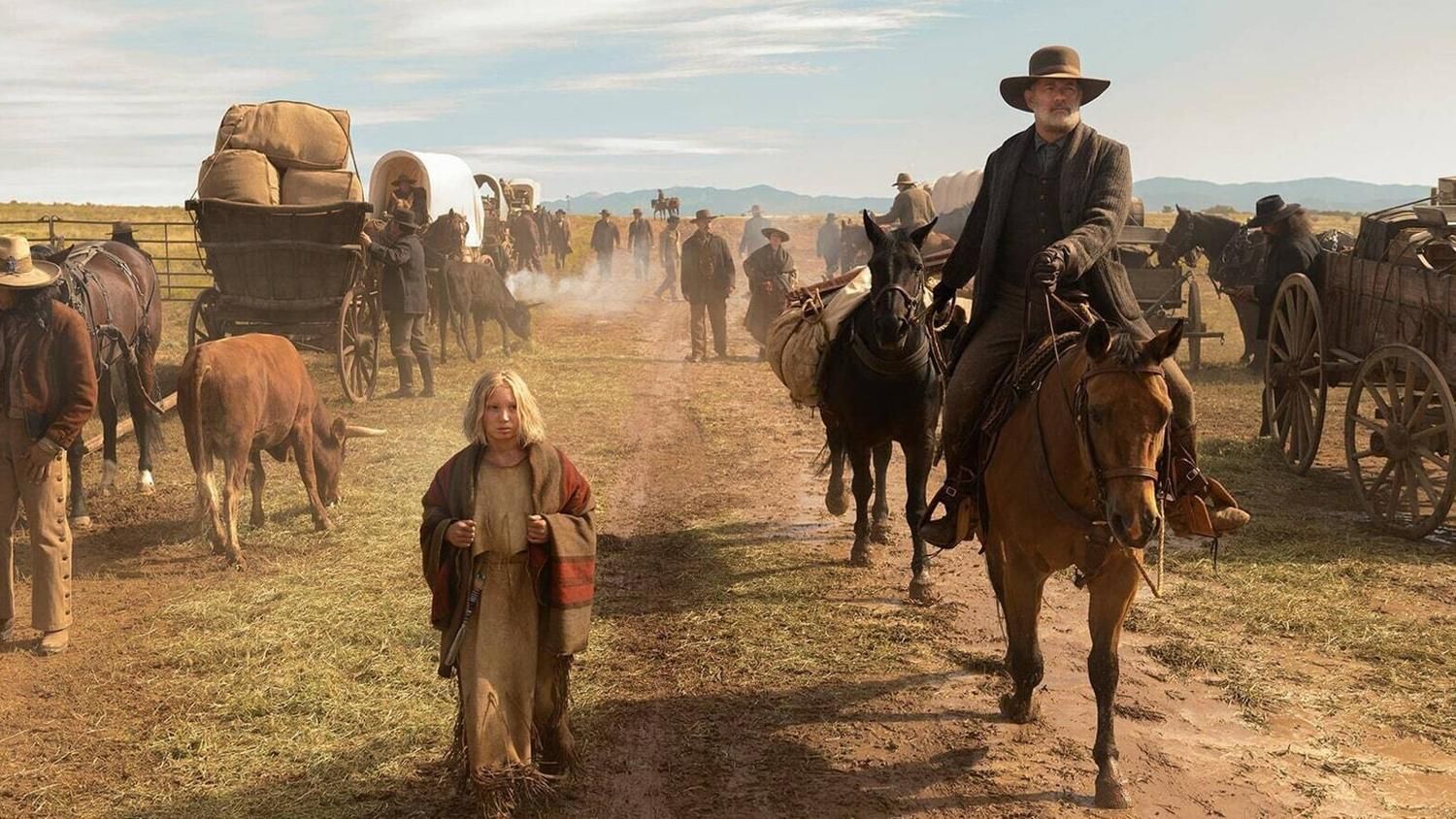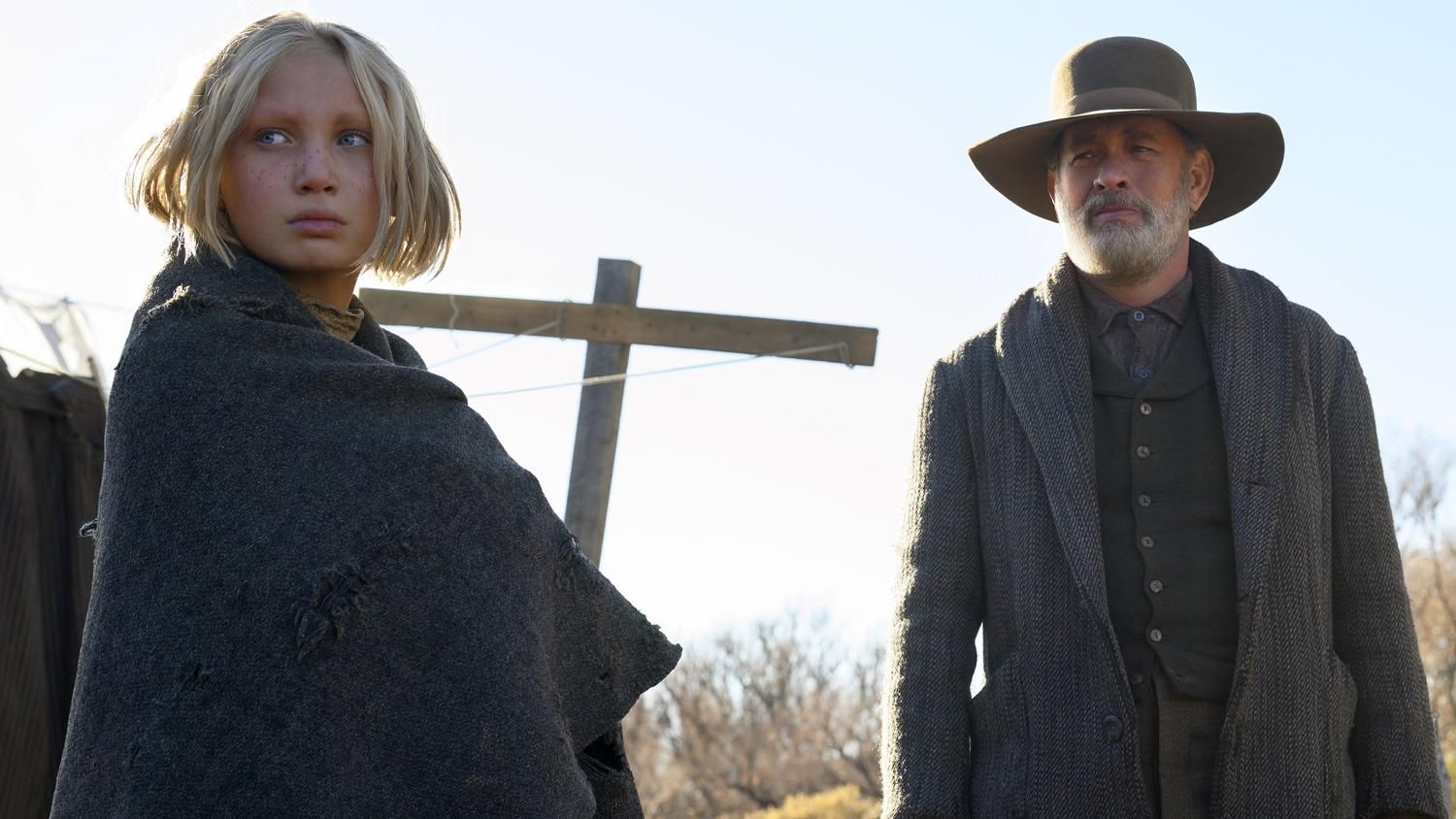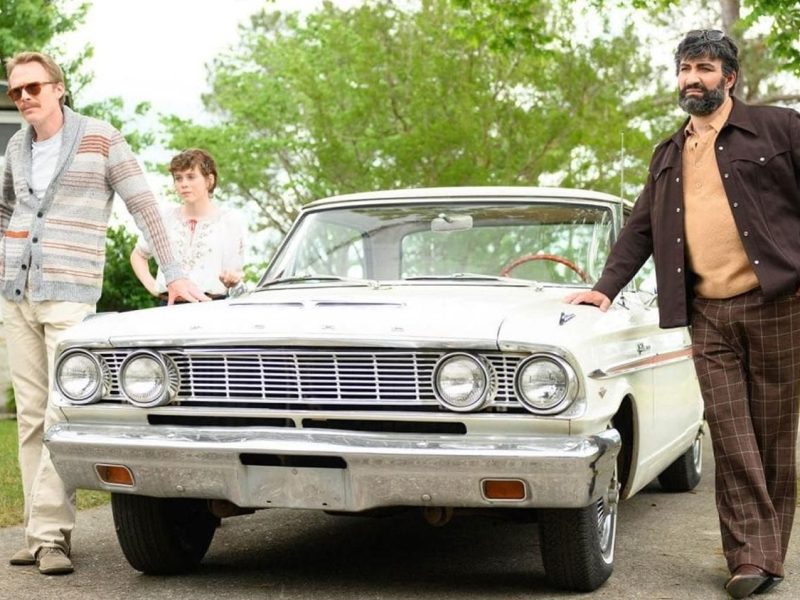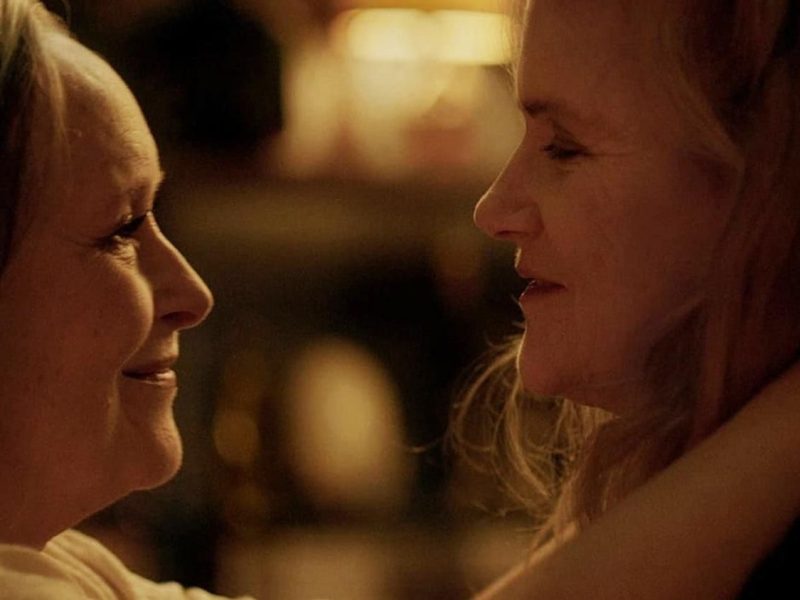News Of The World Review
A word cloud of the director Paul Greengrass, director of the top Bourne films, United 93 and Captain Phillips is bound to contain "intense", "political", "shakycam" and "immediate". One thing you won't see would be "stately". However, for News Of The World, which is based on the novel written of Paulette Giles Greengrass is able to create his best stylishly conventional and stunning film to date. It's it's a Western that casts director's Captain Phillips partner Tom Hanks, America's dad as a surrogate dad leading a mute, pre-teen over treacherous, dangerous terrain. In contrast to the handheld edginess, which is replaced by stunning expansive drone shots and James Newton Howard's vibrant score, it's not as immersive and thrilling than his most memorable film, but it's still a lot more sprawling well-played, and delivers a powerful punch when it is finally (and very quietly) releases it's emotional Motherlode.

The most recent addition to Hanks"Platoon of Captains" are Captain Jefferson Kyle Kidd, an ex-infantryman who moved across towns and cities within Texas around the year 1870 (five decades after five years after the Civil War), reading the news to audiences who are captivated. A bit like Huw Edwards on horseback Kidd tells stories that range from an outbreak of meningitis an outbreak of meningitis to the Pacific Railroad building new train tracks through "Indian reservations" to tall tales of people who return to life from death. A man who is obsessed with stories, so that he doesn't have to cope with his own issues, Hanks loves spinning stories about current events in such a way that you'd love Kidd could host Newsnight. In the course of traveling between towns Kidd encounters a dead Black man who is hanging from a tree. This leads him to a pre-teen abandoned child, Johanna (Helena Zengel) from German origin, but was raised by the Kiowa tribe. She is transferred to her maternal uncle and aunt on the farm they own situated in San Antonio. If Kidd cannot free this child, he takes the choice to release the child by himself. "A little girl has gone missing. She's lost and needs to return to her home." could be one of the best Tom Hanks-like line ever.
While News Of The World is about America in the 1870s, the magazine also blends seamlessly into the 21st century.
The story begins with an odd couple odyssey that sees Kidd trying to connect with Johanna throughout the journey of a thousand miles. Greengrass (along with his the co-author Luke Davies (Lion) don't make life simple for Kidd or themselves , by creating a language barrier that is insurmountable. A hotelkeeper (Elizabeth Marvel) is fluent in Kiowa and is able to tell an outline of Johanna's background and her German immigrants parents murdered at the hands of the Kiowa people, and their newly-created Native American family killed by soldiers, she's "an orphan who has been twice". The next few scenes are delightful scenes that are familiar as Kidd is trying to "civilize" Johanna (wearing an outfit and eating food with cutlery helping her learn English) and Johanna is teaching him songs as she slowly opens her eyes to him.
While News Of The World is about America in the 1870s, it is a seamless transition in the twenty-first century. This is an extremely broken States of America, the post-Civil war Reconstruction period offering a world of racial sexism that has gone wild in which difference has been stigmatized and the concept that news is important has become discarded. This notion is revealed when Kidd and Johanna encounter Farley (Thomas Francis Murphy) Governor of a secluded camp of rebels. With obvious Trumpian analogies, Farley insists that Kidd read a fabricated self-aggrandising version of his story which the newsman alters in an optimistic manner, but with disastrous consequences. The eerieness is enhanced by the skinned buffalos in within the town, the story is an account of proud men who have pushed away Native Americans, Mexicans and Black people, which is incredibly relevant.
In between the modern-day parallels Greengrass does not skimp on the traditional Wild West spectacle. The most effective set piece is a continuous sequence of cat and mouse . Kidd as well as Johanna are pursued by a group of men who want to purchase Johanna for some nefarious purpose that results in an intense shootout on a rough hillside. It's not a typical movie gunplay. It's more about the difficulty to actually shoot someone with Johanna's street smarts supporting Kidd's enlightened reasoning. Other action-oriented tricks include a cart that is running away and one of the most recent of natural disasters, the badly created dust cloud (to be fair to Greengrass Zengel, he renders Kidd being caught in the melee like abstract as possible). An outstanding star of the German film System Crasher, Zengel doesn't overplay the wild kid scene and instead, almost exclusively by facial expressions, he infuses Johanna with toughness and an undeserved vulnerability. With no hint of sentimentality Hanks plays Kidd as a man who has been separated from wife and children for five years due the war, and tries to deal with the horrific events he's witnessed with respect and dignity however, perhaps in a darker and tense manner than we're familiar with. A coda that delivers a powerful emotional punch covered in velvet gloves.


